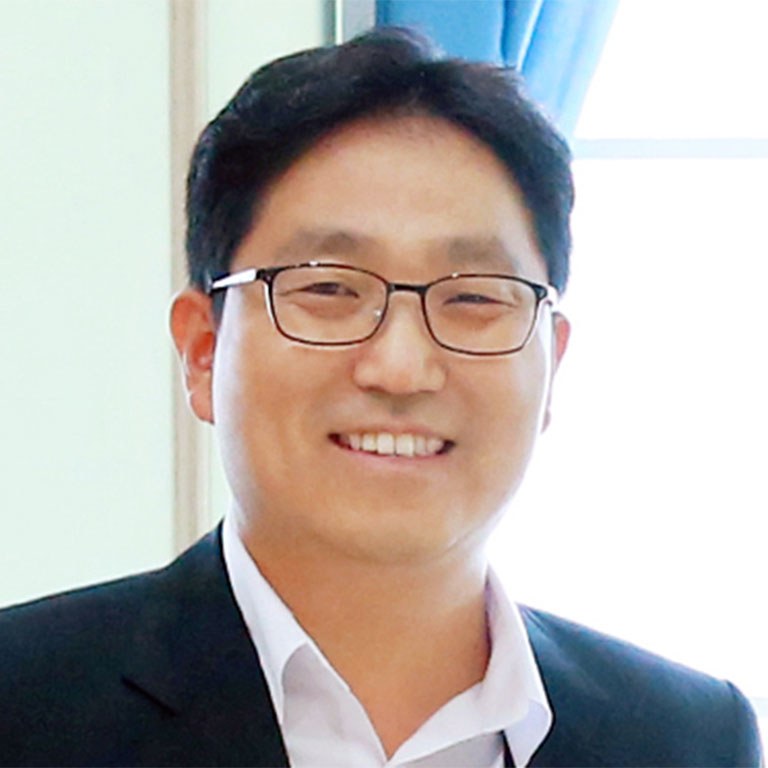Associate Professor Kyungbin Kwon has received a four-year grant from the National Science Foundation to study semiconductor science and manufacturing.
Semiconductor science is the study of materials that have electrical properties between those of conductors, such as metals, and insulators like glass. Project SILICON, which stands for Semiconductor Informal Learning Initiative through Community-Oriented Networks using Tangibles and Mixed Reality, will use hands-on learning strategies to teach middle school students. Those strategies could include interactive tangible kits and mixed-reality (MR) environments. In workshops held in local community makerspaces, students will build models of transistors and integrated circuits, explore semiconductor factories in virtual reality, and invite their peers and families to share in these learning activities.
“The project makes abstract semiconductor concepts concrete, engaging, and culturally relevant through community-based, co-designed learning experiences,” Kwon explained.
Educationally, the project will design and test low-cost, tangible, and mixed-reality (MR) learning tools to help students understand how semiconductors work. These tools will be part of an open-source curriculum developed for makerspaces nationwide. The project will also evaluate how this hands-on, embodied learning approach supports students’ conceptual understanding, their attitudes toward STEM, and their identity development as young scientists and engineers.



